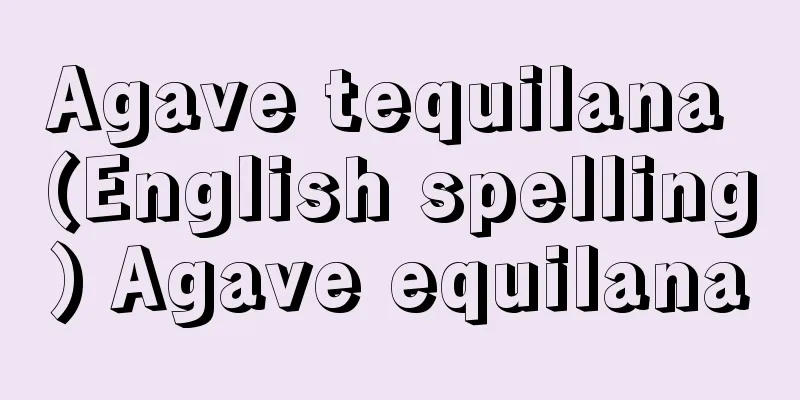Remorse - Retribution

|
Medieval legal term. The act of parents or the original owner taking back something that was given to a descendant or donated to another person. In the case of a gift, under the Court Noble Law, it was possible or not depending on the circumstances, but under the Kamakura Shogunate Law, it was stipulated that a gift to a descendant could be repaid. In principle, both the Court Noble Law and the Shogunate Law did not allow for a return of a gift to a third person, but under the Shogunate Law, a return of a gift was permitted only in cases of hostility towards the original owner. Source: Encyclopaedia Britannica Concise Encyclopedia About Encyclopaedia Britannica Concise Encyclopedia Information |
|
中世の法律用語。子孫に譲与したり,他人に贈与したものを,父母や本主が取戻すこと。譲与の場合,公家法では,場合により可否があったが,鎌倉幕府法では,子孫への譲与は悔返しうる定めであった。他人贈与は,公家法,幕府法とも,原則として悔返を許さなかったが,幕府法では,本主への敵対の場合に限り,悔返を認めた。
出典 ブリタニカ国際大百科事典 小項目事典ブリタニカ国際大百科事典 小項目事典について 情報 |
Recommend
Philipp Franz von Siebold
Year of death: 1866.10.18(1866.10.18) Born: Februa...
Paulista
…Paved highways run in all directions throughout ...
The Legend of the Sakura Gimin
The subject and title of a Kabuki play, a Joruri ...
Jagjivan Dās (English spelling)
An Indian religious leader around 1750. Date of bi...
Ibels, HG (English spelling) IbelsHG
...The group's name, derived from the Hebrew ...
Megadyptes antipodes
The remaining nine species live in cold waters, m...
Shigezo Sasagawa
Year of death: 4th July 1847 (14th August 1847) Ye...
Inflation accounting
This refers to corporate accounting that is based ...
Shell craft - Kaizaiku
It refers to the practice of making various patte...
Merger - Gappei
When two or more companies become one company thr...
Zheng; Chêng
One of the princely states of the Zhou dynasty in ...
Chair - Chair
The English word "chair" refers to a sea...
Fire extinguisher - introduction
A portable device that uses the cooling, smotheri...
Architectural Lighting
Lighting that is integrated into the building. Lig...
Japanese snowball (English)
...As a species, it is distributed in Japan, sout...









